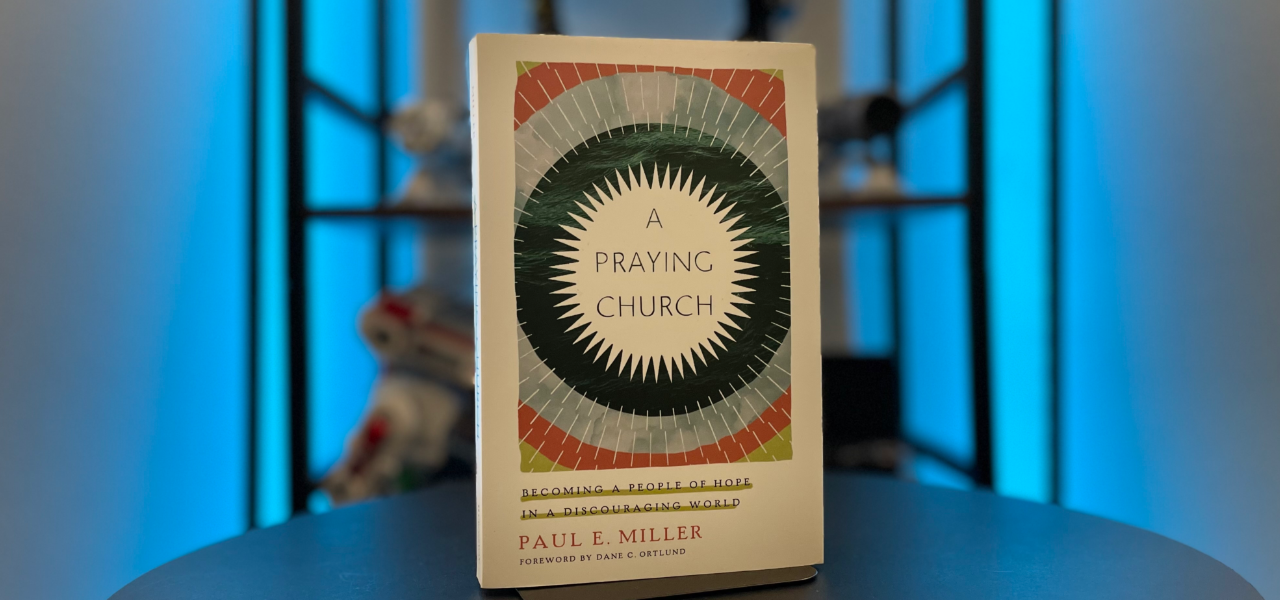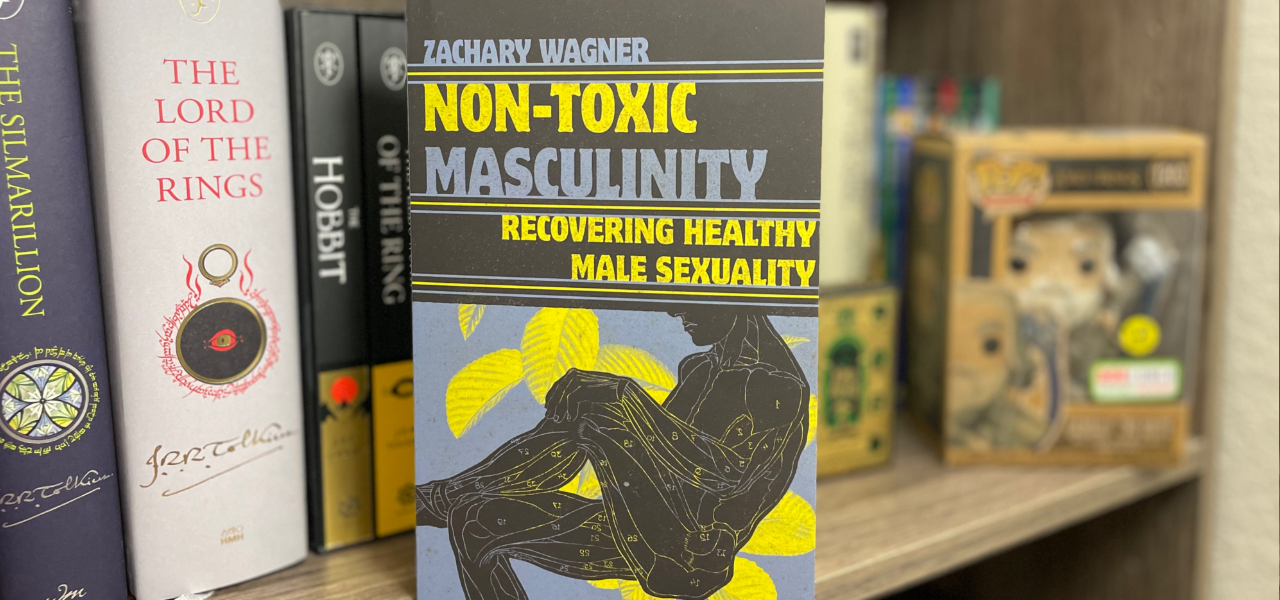We Are Saints

In the last post we saw how Paul identified as a servant. Now he refers to believers as saints.
The Meaning of Saint
The Greek word for saints is haggios. “Depending on the version you are using this word is translated as HOLY around 160 times. It gets translated SAINTS about 60 times, and then it also gets translated as HOLY ONES a handful of times. It means pure, morally blameless, consecrated or set-apart.” 1
This word serves two purposes. First of all it is often used as an identity statement. Because Jesus Christ died for our sins we are made positionally holy. We have Christ’s righteousness imputed towards us. He says in verse one – “to all the saints IN CHRIST JESUS.”
It’s Our Position
Because our position is IN CHRIST we are made holy. We are saints.
2 Timothy 1:9-10 He has saved us and called us with a holy calling, not according to our works , but according to his own purpose and grace , which was given to us in Christ Jesus before time began. This has now been made evident through the appearing of our Savior Christ Jesus, who has abolished death and has brought life and immortality to light through the gospel.
We didn’t earn this position. Christ earned it for us and gave it to us, not because we’re just so great, but for the glory of his name. We become saints because of what Christ did. We don’t achieve this through works of righteousness, we receive it by faith.
It’s Our Lifestyle
Now here is where the second purpose of this word comes in…as we live by faith we grow in works of righteousness. Check out the following verses.
Colossians 3:12 Therefore, as God’s chosen ones, holy and dearly loved, (holy in this verse is the same word as Saints) put on compassion, kindness, humility, gentleness, and patience,
So what Paul says is “Because Christ made you holy – put on holy behavior.” Our position as saints or holy ones informs the way we live our lives. Paul demonstrates this in chapter 3 of Philippians
Philippians 3:8-12 More than that, I also consider everything to be a loss in view of the surpassing value of knowing Christ Jesus my Lord. Because of him I have suffered the loss of all things and consider them as dung, so that I may gain Christ and be found in him, not having a righteousness of my own from the law, but one that is through faith in Christ — the righteousness from God based on faith.
Again we see Paul declaring his position in Christ. This wasn’t something he earned, but Christ earned it for him. Notice what he says as he continues…
My goal is to know him and the power of his resurrection and the fellowship of his sufferings, being conformed to his death, assuming that I will somehow reach the resurrection from among the dead. Not that I have already reached the goal or am already perfect, but I make every effort to take hold of it because I also have been taken hold of by Christ Jesus.
Jesus Modifies Our Behavior
Because Christ had taken hold of Paul, Paul was dedicating his life to live like Jesus. Peter also addressed this.
1 Peter 1:13-16 Therefore, with your minds ready for action, be sober-minded and set your hope completely on the grace to be brought to you at the revelation of Jesus Christ. As obedient children,
That is an identity statement – we are positionally made children of God. And because we are God’s children, Peter tells us…
…do not be conformed to the desires of your former ignorance. But as the one who called you is holy, you also are to be holy in all your conduct ; for it is written, Be holy, because I am holy.
So a working definition of a saint could be: All believers, chosen before the foundation of the world to be holy and set-apart for God and to become morally upright and pure, imitating God’s holiness.
As Paul lovingly addresses this church he reminds them of who they are IN CHRIST and the impact that has on their lives.
It would be great to connect with you on Facebook or Instagram. I also wrote a book ! If you subscribe to my weekly newsletter, I will send you the digital version for free.
The post We Are Saints appeared first on Thriving In Exile.




